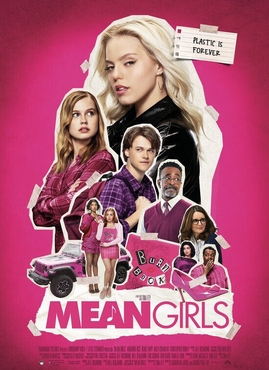New Dahmer Series Faces Victim Controversy

October 14, 2022
You’re running, lungs tight in your chest. The sidewalk feels coarse on your bare feet. Only a few minutes before you were on the precipice of certain agonizing death, your shivering naked body somehow finds its way to a patrol car on the street. Then, only after you’re sitting in the police station telling your story, you realize that you were nearly the next victim of one of America’s most heinous and prolific serial killers. Now, imagine that, 31 years after living through this harrowing event, your trauma is re-enacted for all the world to see.
This was the experience of Tracy Edwards, the last victim of the gruesome crime spree committed by Jeffery Dahmer, also known as the “Milwaukee Cannibal.” Edwards was able to escape his clutches, but other victims weren’t so lucky. Now, as a new show seeks to cover the life story of Dahmer and chronicle his infamous crimes, the families of the seventeen young men and boys who were tortured, killed, and consumed by him have denounced the program. The chief voice within this outcry is Rita Isbell, the sister of Errol Lindsey, one of Dahmer’s many victims. Her famous emotional victim impact speech was meticulously recreated in Dahmer – Monster: The Jeffrey Dahmer Story.
In an essay written to Insider, Isbell said “I was never contacted about the show. I feel like Netflix should’ve asked if we mind or how we felt about making it. They didn’t ask me anything. They just did it.”
In the wider public eye, the show has brought out mixed feelings. The show, created by Ryan Murphy and Ian Brennan, has been critically acclaimed by audiences for its good direction and great acting, especially the skills of Evan Peters, the actor playing Dahmer. However, many critics share the sentiments of many of the victim’s families with the Rotten Tomatoes critic consensus claims that the program’s “…salacious style… tilts this horror story into the realm of queasy exploitation.”
The controversy with this new series has awakened a new series of conversations and discussions about the morality of true crime programs, particularly ones which feature reenactments of events that are almost always very personal and extremely traumatic. Standard cable true crime reenactment shows, such as ones found on Investigation Discovery, have mostly bypassed this problem with their more documentary-esque presentation style and the option for victims to hide their identities for more obscure crimes.
However the nature of Monster and the story it presents throws these conventions out the window, and in a well-hearted attempt to create an accurate and entertaining depiction of one of the most infamous moments in American criminal history, the feelings of the people caught up in these events may be a second thought in the effort of creating an attractive series to keep up profit margins.
Monster has won the eyes and ears of true crime fans and casual viewers alike, and for good reason. It’s a masterly crafted, meticulously done look at one of our nation’s most haunting sagas of lust and murder. But should this story have been told in this way? Should the actual victims of this tragedy get a say in what direction the show goes? Should the ethics of the entire true crime genre be reevaluated to consider the people on the other side of the screen?
In the words of Isbell, “It’s sad that they’re just making money off of this tragedy. That’s just greed.”












